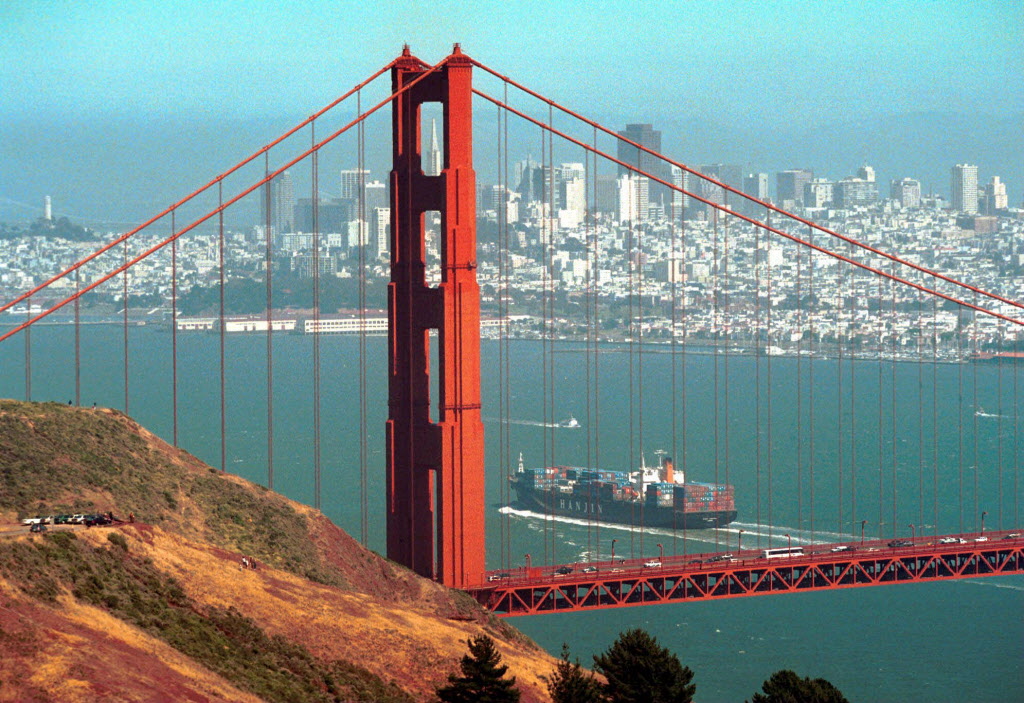
San Francisco isn’t the only California city to adopt an unrealistic road-safety fad called Vision Zero, but it did so early enough that we can now analyze the results of the program. To put it simply, it’s a bust.
As the city’s grand jury reported in June, the program was “adopted in San Francisco in 2014 with the aim of eliminating traffic deaths by 2024” but “has failed by its own metrics. Instead of getting to zero fatalities, 2024 marked the deadliest year since 2007.” Santa Ana and Los Angeles County have also adopted these programs, but they’re still far from their deadlines.
The obvious point is communities ought to focus on realistic plans that improve traffic mobility and safety rather than on public-relations-oriented ones—who doesn’t want to eliminate traffic fatalities?—that don’t accomplish anything.
The debate over San Francisco’s failure raised another fascinating issue.
The grand-jury report blamed a lack of police enforcement of traffic laws, noting that the police there handed out 90% fewer traffic citations last year compared to 2014. Deaths were a tad higher a decade later, but close to flat—amazing considering the drop in enforcement.
Keying off of that report, the San Francisco Standard analyzed two decades of traffic data and found it “shows little correlation between enforcement levels and the number of deaths or severe injuries of pedestrians, cyclists, and motorists.”
Some experts, it reported, argue that traffic enforcement should instead focus on the most dangerous driving behaviors, but the Standard’s data analysis didn’t find much of a correlation, either, although the data did show some correlations in other areas.
“It makes you question the argument that enforcement is the thing that’s needed,” Julia Griswold, director of UC Berkeley’s Safe Transportation Research and Education Center, told the Standard. “The level of enforcement you’d need to have sustained effects is maybe not feasible.”
This largely confirms what libertarians have long argued: People largely police themselves with regard to traffic. And street engineering and vehicle design, automated systems and drivers’ culture plays a bigger role in improving safety that paying more police officers to write more tickets, which inevitably focus on minor infractions.
We’re not against some traffic enforcement, but it’s not the right focus area. Municipalities need to stop making empty promises that rely on outmoded thinking.



